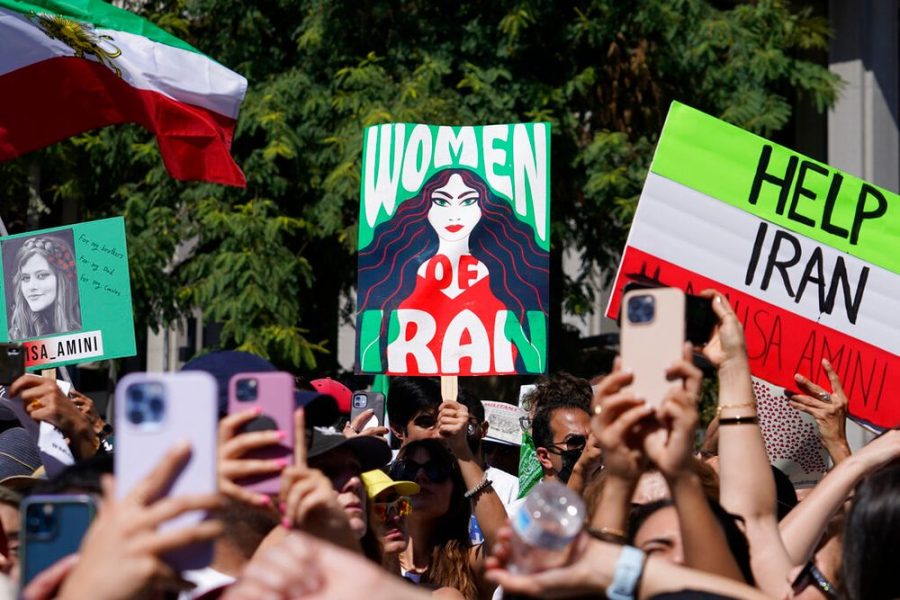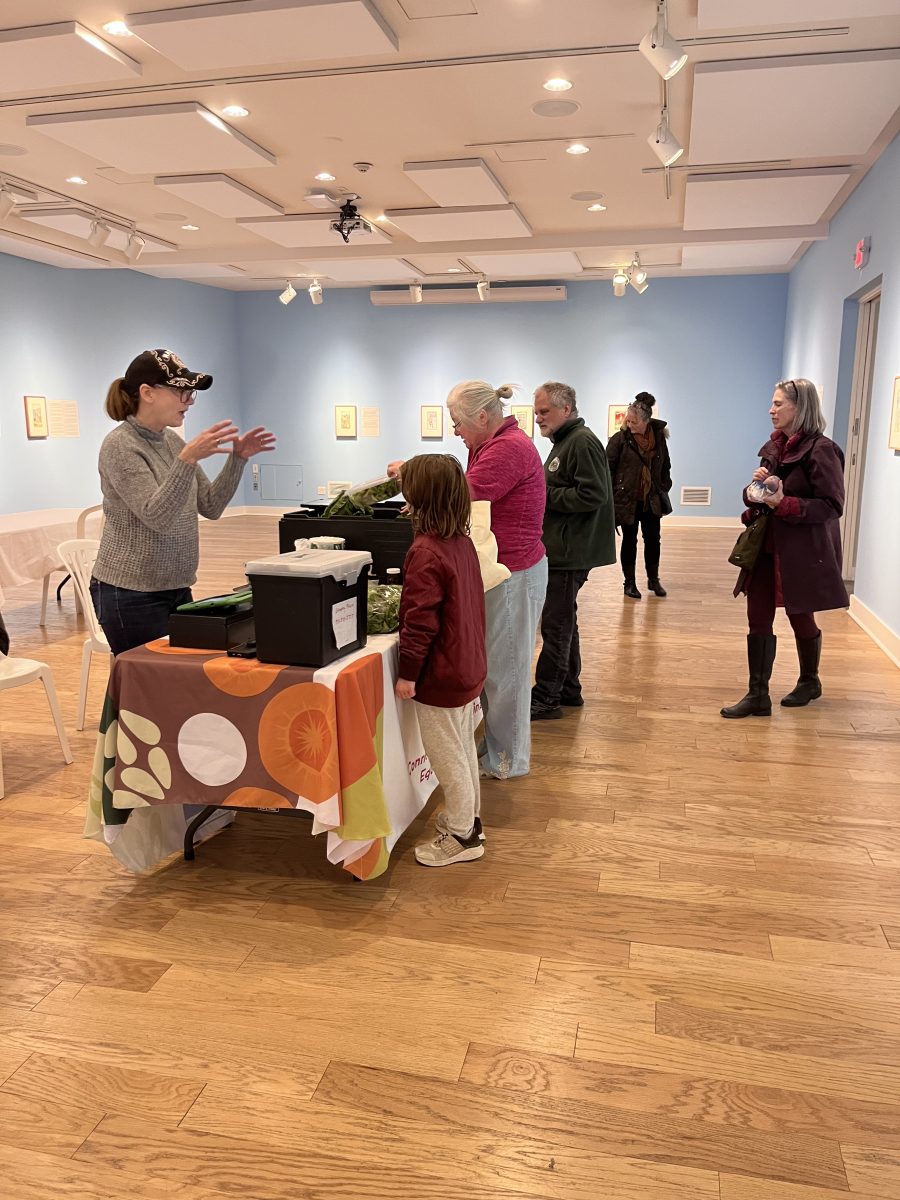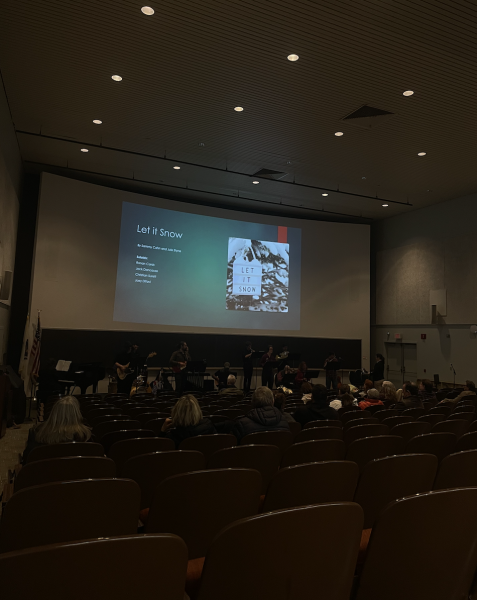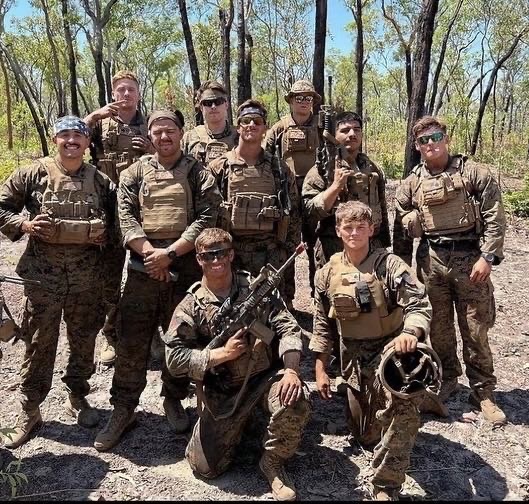Iranian Protesters Call for the World’s Attention: Here’s Why We Need to Listen
December 7, 2022
A young woman stands wiping tears from her face in shorts and an undershirt before changing into a full outfit, including a scarf loosely covering her head. A crowd singing Tom Odell’s “Another Love” plays over the video and the text on the screen reads, “GRWM to get killed in Iran.” This has become a trend on TikTok and is a demonstration in its own right. This one is not for the Islamic Regime but for the rest of the world.
Protests have persisted in Iran since September 2022, following the death of Mahsa Amini at the hands of the Islamic Republic’s “morality police.” The protests, which have notably been led by young women, have continued into what many believe will become a full-on revolution.
While there have been solidarity rallies in the United States, Canada and Europe, many Iranians and Iranian-Americans have voiced one common complaint on TikTok, Twitter, and Instagram: the lack of coverage of the protests in Western media. Many Americans still lack an understanding of Iran’s current situation and history.
There has been previous criticism of the American public’s understanding of the region. In 2020, The Morning Consult published a survey that found that only twenty-eight percent of registered American voters could identify Iran on a map. Americans have also been criticized for their mispronunciation of “Iran.” The United States has had a complicated past with Iran and the Middle East, a subject that is rarely taught in American schools. Many younger Americans had no idea that before the revolution of 1979, hijab was not mandatory, and Iranian men and women led very different lives than they do today.
An article from BBC reports that foreign correspondents are banned in Iran and are not permitted to report on the protests. Due to government restrictions, Iran does not have any private news agencies within the country, leaving only social media as a channel for protesters’ voices to be heard. This restriction of media coverage severely limits the amount of verified information that can leave the country.
The Iranian government has further barred the spread of information by cutting off Iranian citizens’ access to the internet in many parts of the country. They recently blocked access to two of the last remaining communication outlets that were allowed in the country: Instagram and WhatsApp. Typically, Iranian citizens would use a VPN to get around government censorship, which is vital for communicating with family members abroad, but communication is cut off completely whenever the government decides to shut power off in parts of the country, a tactic that allows them to violently crack down on protesters out of international view.
Despite the government’s attempts to silence their citizens, videos and news regarding the protests have been surfacing on social media. Tiktok, in particular, has become a platform for many Iranian citizens and Iranian-American users who share daily or weekly updates on the protests and strikes. Videos have come over from Iran showing women being harassed by plain-clothed men who are members of the morality police, as well as footage from apartment windows where fire from automatic weapons and screaming can be heard.
Out of desperation and necessity, Iranian citizens must risk their lives in order to capture this footage and send it abroad, functioning as citizen reporters. Once the footage or information makes its way to a connection out of the country, it’s up to their friends or family in other countries to share this footage, and oftentimes, they have to explain what’s going on and break it down for the rest of us. There is still risk for those who no longer live in Iran, many expats still have family there who can be targeted by the Islamic regime as retaliation for spreading information.
There is a phrase that often accompanies social media posts from Iranian citizens, “Please be our voice.” They are asking the rest of the world to keep our eyes on the Islamic regime and the violence that is being committed against the people of Iran by their own government. Since the beginning of the protests, it has been reported that more than four hundred protesters have been killed, including more than fifty minors. Many people believe that fewer executions will be carried out if there is international pressure on their government. This is why it is so important to share news on the protests as well as stories from protesters.
It is also important for us to educate ourselves on a region that has been overlooked by the Western world for many years and that we know about our government’s involvement with the region as well. A good starting point is to listen to Iranian Americans who are willing to educate us on the issues Iranian citizens have faced. Yass Alizadeh is a professor at New York University and an Iranian Studies Initiative committee member. Alizadeh recently spoke on episode 746 of The Jordan Harbinger Show about the protests in Iran and a brief history of the nation’s politics. There are many other resources out there for those who wish to learn more, and the more we know about the history of the Middle East, the less harmful misconceptions there will be in the West.
The Iranian people have a long history of political activism, and many people hope that this will become the revolution to win a democratic Iran, where young Iranians can live their lives as they choose. America has a lot of catching up to do on many issues around the world, but the people of Iran are calling for us to listen as they chant, “Women. Life. Freedom.”






















